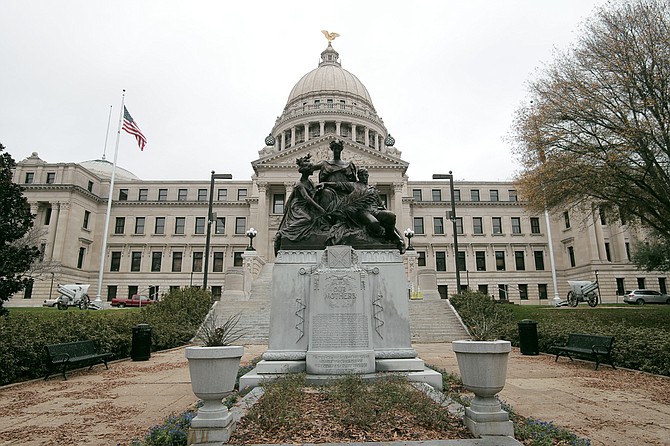Photo by Imani Khayyam.
The Jackson Free Press recently published an editorial criticizing my organization, Americans for Prosperity, for opposing a bill that would impose sales taxes on all online purchases made in Mississippi—even when the seller has no presence in the state. House Bill 480 ultimately died in the Senate, and for good reason. Besides taking more money out of the private economy and growing the footprint of government, the law plainly contradicts the U.S. Constitution.
The Commerce Clause of the Constitution gives Congress the power to regulate interstate commerce. On that basis, the U.S. Supreme Court ruled more than two decades ago in Quill Corp. v. North Dakota that a state could not require companies with no physical presence within its borders to collect sales taxes. Quill has never been overturned and remains the law of the land.
Recently, a couple of states have attempted to create laws or rules that test the Quill decision. Alabama and South Dakota have both enacted a requirement on out-of-state companies to collect sales taxes when the volume of their sales exceeds a certain amount. Since this directly contradicts Quill, both cases have triggered lawsuits. In fact, last week, a South Dakota court ruled that its law was unconstitutional and enjoined enforcement. Mississippi's legislation, modeled after Alabama and South Dakota, would surely have ended in court as well, where many legal scholars agree it would likely be struck down.
There is little reason for Mississippi to experiment with an online sales tax and risk expensive litigation when Alabama and South Dakota both have constitutional test cases on the move. We could not rely on any revenue from the tax while its very legality is in doubt.
The taxation of online retailers is one of those few policies best left to Congress. The Constitution is clear on Congress' authority to regulate interstate commerce, and only that body could devise a nationwide framework for online taxation. The alternative is that each state sets its own rules, resulting in a hodgepodge of regulations that would dramatically increase the cost of compliance, seriously hurt small businesses and ultimately drive up prices for consumers.
Beyond the obvious legal challenges, there is another reason to oppose this law. Namely, without corresponding cuts, the law would result in Mississippians paying more in taxes and growth of an already-bloated government.
There is a persistent narrative that government is shrinking in Mississippi, but facts don't back it up. The numbers speak for themselves. Total state appropriations, including federal sources, have increased from $18.2 billion in fiscal year 2013 to $20.9 billion in fiscal year 2017. General fund appropriations increased from $4.8 billion to $5.8 billion in that same time period. Mississippi now has the fourth-largest public sector in the country. It's not fair to continually ask taxpayers to pay more.
Tax revenues are slowing, but that's not necessarily a bad thing. It means the state will finally have to curb wasteful and unnecessary spending to fund priorities. But more importantly, and positively, it means that the private sector is keeping more of the capital it earns to be reinvested in our economy.
The Jackson Free Press editorial notes that local retailers, who must collect sales taxes, feel frustrated that online retailers do not. However, imposing new taxes on Internet transactions will not be the panacea that "brick-and-mortar" businesses are hoping for. Convenience, selection and price drive the trend toward online shopping. The reason that sites such as Amazon can offer low prices is not because they enjoy a small tax advantage, but because they enjoy lower overhead costs—and they relentlessly innovate to lower costs further.
The JFP also accuses those who oppose an online sales tax of "hypocrisy." But there is nothing hypocritical about following the text of the Constitution or advocating for our government to live within its means. Ultimately, there is no good reason for lawmakers to support an unconstitutional tax mechanism that will grow government.
Russ Latino is the Mississippi State Director of Americans for Prosperity. He and his wife live in Madison with their two children.




Comments
Use the comment form below to begin a discussion about this content.
comments powered by Disqus